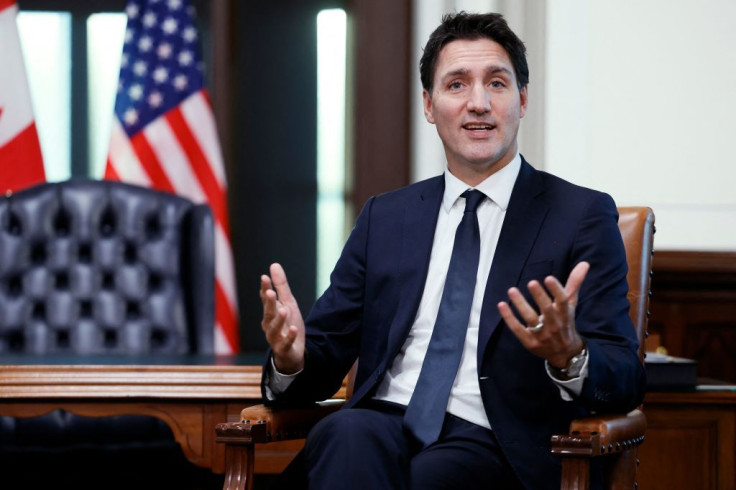
In a significant policy shift, Canada announced a reduction in its immigration targets, indicating it will accept up to 27% fewer new permanent residents over the next three years. The government noted that the high levels of immigration experienced in recent years have led to significant economic and social challenges.
Under the new targets, the number of permanent residents will decrease to 395,000 in 2025, down from the previously approved 500,000. The numbers will further decline to 380,000 in 2026 and 365,000 in 2027.
Prime Minister Justin Trudeau and Immigration Minister Marc Miller revealed the plan, describing it as a temporary measure aimed at controlling population growth and allowing the economy to stabilize. "In response to the changing needs of our country, this plan alleviates pressures on housing, infrastructure, and social services so that, in the long term, we can grow our economy and social prosperity through immigration," the Canadian government said.
Trudeau emphasized the necessity of ensuring that the immigration system works efficiently for all Canadians. His government faces criticism, with recent polling showing the ruling Liberal Party trailing the Conservative Party by more than 20 points, largely due to rising housing prices, increased living costs, and the deterioration of basic services during his administration.
For years, Canada has been a destination for many Latino immigrants seeking a better life, and the Hispanic population in the country continues to grow steadily. A new study from the National Foundation for American Policy indicates that U.S. economic growth will increasingly rely on immigration as retiring Baby Boomers exit the workforce and birth rates stagnate. By 2052, the number of U.S.-born workers in the labor force is projected to peak at 146.7 million, with future labor force growth being driven solely by immigrants.
Latino Donor Collaborative and Wells Fargo published a study last month that revealed that Latinos contributed $3.6 trillion to the U.S. economy in 2020, which would hypothetically rank U.S. Latinos as the fifth largest economy in the world surpassing countries like France, United Kingdom and Canada.
The announcement has sparked a wave of reactions, particularly from the business community in British Columbia, where many had already prepared for the anticipated influx of immigrants. Jasroop Gosal, interim spokesperson for the Surrey Board of Trade, expressed disappointment, saying that the sudden policy change disrupts businesses' plans for growth and stability, especially amid ongoing labor shortages. He highlighted to Global News a disconnect between the skills needed in the job market and those available, asserting that this reduction could exacerbate existing labor issues.
Migrant rights groups have criticized Canada's decision as a capitulation to anti-immigrant sentiment, arguing that it will push migrants into temporary or undocumented statuses, making them more vulnerable to exploitation. Syed Hussan, spokesperson for the Migrant Rights Network, said that the cuts would limit pathways to permanent residency for vulnerable populations.
Gosal warned that such changes might signal to potential investors that Canada lacks the appropriate policies to support immigration, potentially deterring foreign investment in British Columbia. He called for a focus on reskilling and upskilling the workforce to meet labor market demands.
© 2025 Latin Times. All rights reserved. Do not reproduce without permission.


